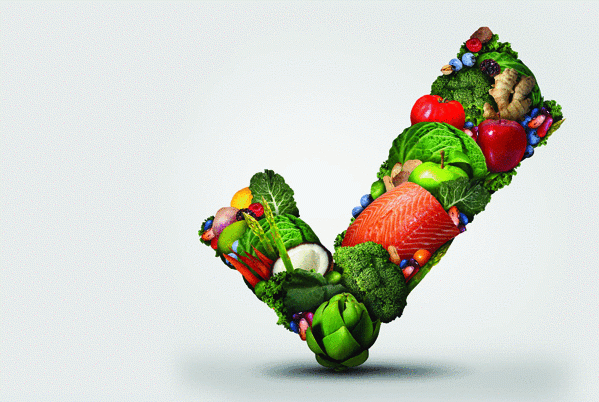Food fraud refers to the deliberate or intentional tampering of food, its ingredients, or packaging by means of substitutions, additions, or mislabeling for economic gain.
Illness caused by adulterated and counterfeit foods is a very common health issue for consumers. Food fraud also affects manufacturers by damaging their reputation, resulting in a decrease in market share and consumer trust. Thus, food safety has emerged as a critical issue for consumers and manufacturers alike. Fraudulent food products are often the result of opportunities taken by willful offenders who mislabel, falsify, and/or adulterate for economic gains. In some cases, the contents of a packaged food item may not match its label.
The food supply chain has transitioned away from a simple farm-to-table model and now includes multiple, often complex steps during production, distribution, and preparation of food products.
In other cases, the labeling may be correct while the product itself is counterfeit. Thus, in today’s market where most food items are industrially packaged prior to sale, it is important to prioritize the consumers’ right to authentic and safe food products.
NQR is a sophisticated method for investigating structural features, molecular dynamics, and chemical bonds.
The solution to this challenge is not to use expensive security measures that increase the final price, but to develop economical and portable food safety, quality assurance, and authentication devices for use at all stages of a food product life cycle from production to consumption. Such devices would be a game-changer in the field of food safety.
